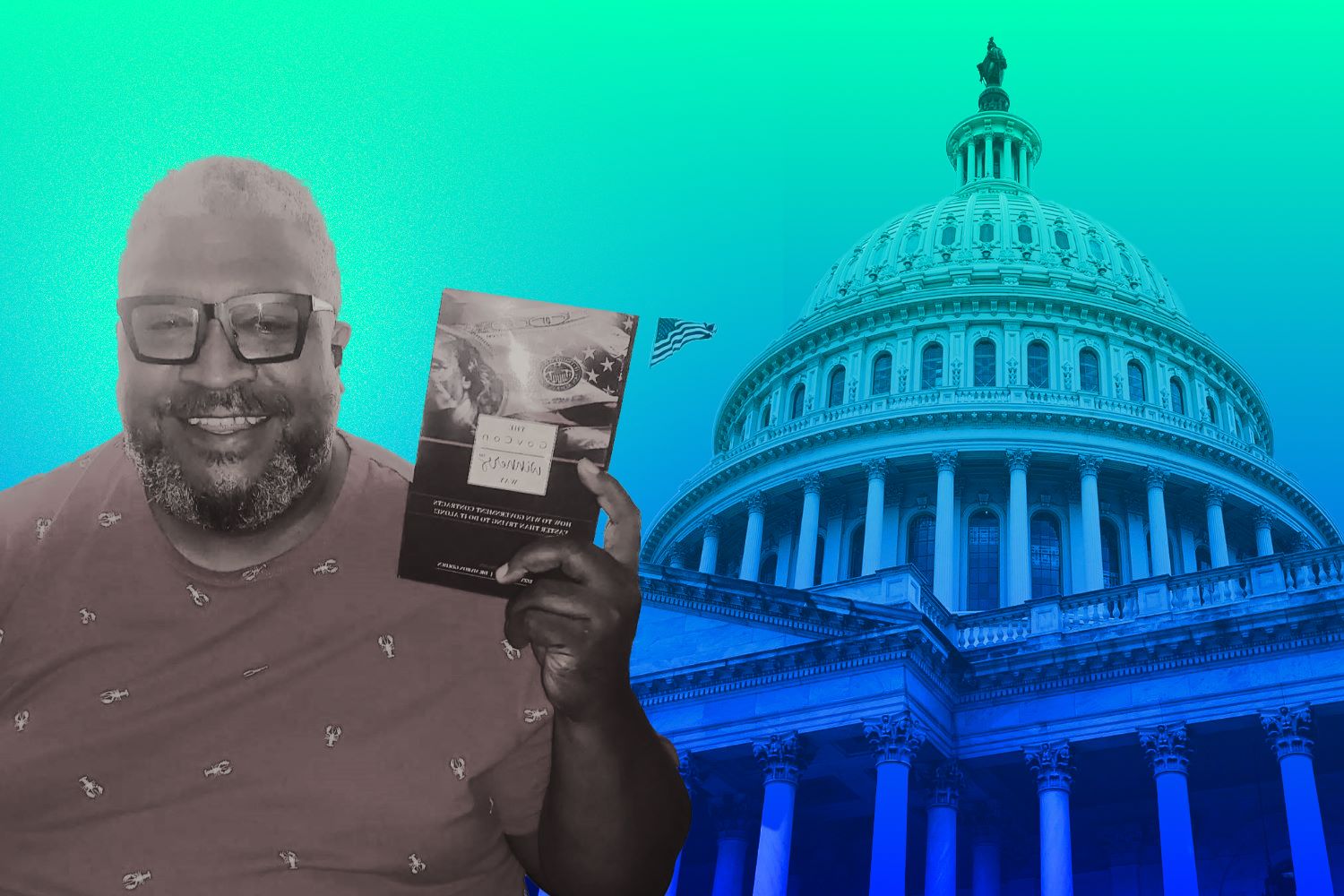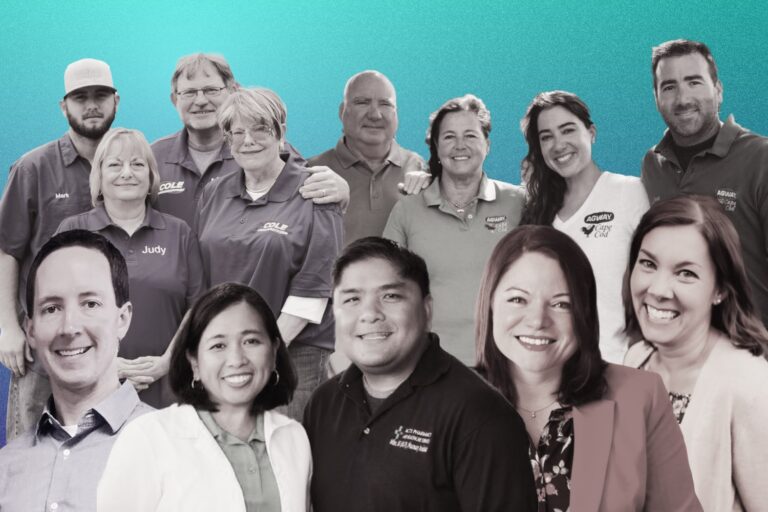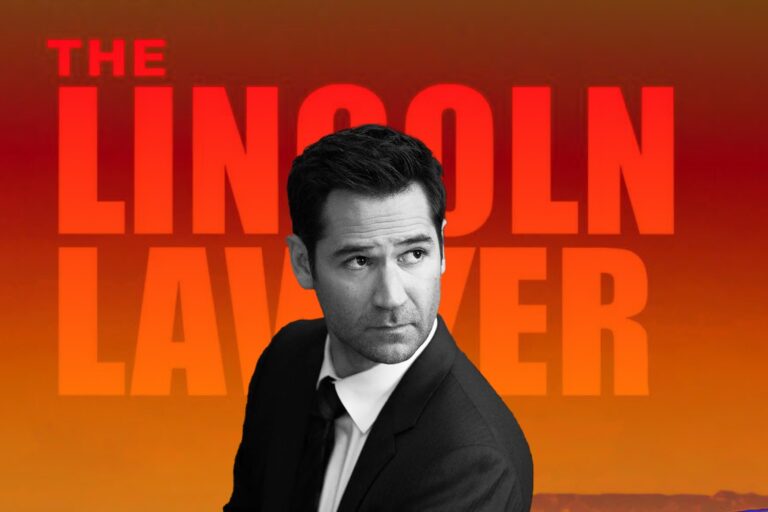Robert Harvey’s Path from $850 a Month to Securing a Colorado Air Force Base Contract
When you’re a fresh government contractor, YouTube has become a treasure trove of information for you when it offers content that guides viewers through the complexities of selling to the government. Many content creators, including seasoned contractors and government professionals, provide in-depth tutorials, answer common questions, and share personal experiences, helping beginners avoid common pitfalls.
For individuals like Robert Harvey III, this wealth of free information has proven invaluable. He was able to win a $7.5 million contract in the uniform industry by taking lessons from YouTube coaches and applying them to his own situation.
Watching and applying is one thing; to win a major government contract like that, Robert possesses a skill set that all new contractors can learn from. In a podcast with host Kizzy Parks, Robert reflected on his journey and shared valuable insights for other contractors.
Let’s dive into how he became a government contractor and how he established himself as a trusted vendor in the industry.
Fell into Government Contract Space by Mistake
One thing about Robert Harvey’s venture into government contracting is that he stumbled into it entirely by mistake. Initially, he signed up on SAM.gov with the idea of leasing properties to the government, expecting steady, high monthly payments.
“I fell into this totally by mistake. I got on SAM.gov. I’m naming my company’s Private Homes and Rentals. I got on SAM.gov to rent properties, lease properties to the government,” he recalled.
However, he quickly discovered that real estate contracts required significant upfront investment to meet government standards, which led him to explore other opportunities on SAM.gov.
Unsure of how to bid, Robert reached out to Dr. West, a Cleveland-based expert he saw frequently on TikTok. Dr. West invited him to a master class in Chicago, where Robert learned essential bidding skills, including finding solicitations and engaging subcontractors, which were new concepts to him.
During the class, Dr. West guided attendees through locating bids, identifying potential subcontractors, and making phone calls to secure partnerships.
Robert said, “When I realized that everything was just a click away on the computer, I thought, ‘I can put in at least five bids a day.’”

However, in the early days, he was only able to do one a week because he felt into analysis paralysis, overthinking everything and trying to find a slick way to make calls to subcontractors. When Robert was trying to get start as a new government contractor, the first problem that he countered is pricing.
First Lesson – Don’t Set Your Price Too High
Robert aimed to make $30,000 from a plumbing job by marking up a $15,000 subcontractor bid to $35,000. After repeatedly calling a contact to check on the award, a representative explained bluntly that his high markup was unrealistic, which discouraged him so much that he paused all contracting efforts for six months.
Robert then discovered Kizzy Parks and her YouTube videos. Intrigued by her content, he began watching her videos, particularly one focused on pricing and the importance of submitting bids in both quantity and quality.
He appreciated the flexibility of YouTube, which allowed him to select videos that directly addressed his needs at the time. In a video about pricing, quality, capability statements, and sole sourcing, Robert realized the importance of finding a niche in government contracting. He learned that while it’s possible to explore various areas, focusing on what you enjoy and excel at will lead to greater success in the field.
Robert found a uniform supply opportunity that intrigued him due to its five-year contract duration. When he called the company for clarification, they explained the importance of correctly calculating prices for the entire term, suggesting he account for potential inflation.
His first contact at UniFirst Uniforms led him to a new associate who became a valuable friend and resource, helping him determine competitive pricing for government contracts. Robert learned that researching competitors’ pricing was crucial; if he overbid significantly, he risked losing contracts to others offering lower prices with better service.
After meeting Dr. Karen at a networking event, he was surprised to learn that her winning bid for uniforms was $250,000 over five years, while his was $2.2 million. She advised him to reevaluate his pricing strategy, revealing that he had set his margins too high by charging $5 for shirts and $7 for pants, when the market rate was much lower.
Taking her advice to heart and applying insights from Kizzy Parks’ videos, Robert improved his bidding approach. His first successful bid was for a contract with the Space Force base in California, providing coveralls and lab coats, from which he now earns about $850 a month.
As shared by Kizzy Parks, aspiring entrepreneurs should not be misled by the notion that they need to earn a million dollars a month to be successful. Instead, she encourages them to appreciate smaller, consistent income streams, like $850 a month, which can significantly contribute to essential expenses.
She advised, “Any money is a blessing. We all start somewhere as entrepreneurs. So, $850 a month is amazing. That’s rent, towards your mortgage, your car, college, or your kids. I love this. $850 a month is great.””
Talk to the COs – The Government Will Tell You What to Do

One thing about government contracts is that they tell contractors what to do, and often the Contracting Officers are willing to help contractors with any information they need.
In the case of Robert, He was unfamiliar with invoicing, that’s why he called a CO and received invaluable help from a contact who showed him how to navigate a wide area workflow system for bid submissions.
This help has been proven effective when he encountered a significant mix-up with UniFirst; they had been underbilling him for a two-for-one deal with the Air Force Base, leading to a startling $2,200 shortfall.
He recalled, “I had to call the CO lady I work with and explain the situation. This is why I believe in what you guys say—if you give them a call and talk to them, they will help. I called this lady and explained to her what happened. She said, ‘Yeah, we were wondering the same thing because you should be making this amount. You’re still behind.’ I was actually $2,200 behind because of the whole year I didn’t bill correctly. They had me put each one of them in individually, and I ended up getting the money.”
Robert acknowledges that maintaining open communication with the CO can be beneficial. Regular discussions with the CO can clarify any potential issues and provide insights that further streamline the invoicing process, ensuring he remains on track throughout the duration of the contract.
He explained, “This is a great thing about the government. They told you what they want you to do—they give you a piece of paper with everything on there, telling you what needs to be on the invoice, how it needs to be set up, and how to submit it.”
With his $7.5M Colorado Air Force Base contract, the CO constantly communicated with Robert because she wanted him to be set up for success.
Unlike previous contractors who had abruptly stopped delivering uniforms, the CO was proactive in addressing pricing concerns. She requested an adjustment to his pricing, indicating it was too low compared to what they had experienced before.
“She wanted me to increase my pricing because she was like, ‘Your price was too low.’ Right, and that’s what she explained to me. She said the previous person we had, their prices were too low and instead of them explaining that to us, they just quit responding and we just quit getting our uniforms out of the clear blue,” he said.
More Chances to Come – The Mindset of Abundance
Finally, he was awarded the contract for the Colorado Air Force Base. The point of contact connected him with the team responsible for ordering, who was eager to proceed with a known supplier they’d liked—UniFirst.
After contacting UniFirst, he arranged fittings for the uniforms and finalized a large order. This contract now promises approximately $3,500 in monthly profit for 5 years.
“So, with this contract, I’m going to be looking at about $3,500 a month in profit,” Robert claimed.
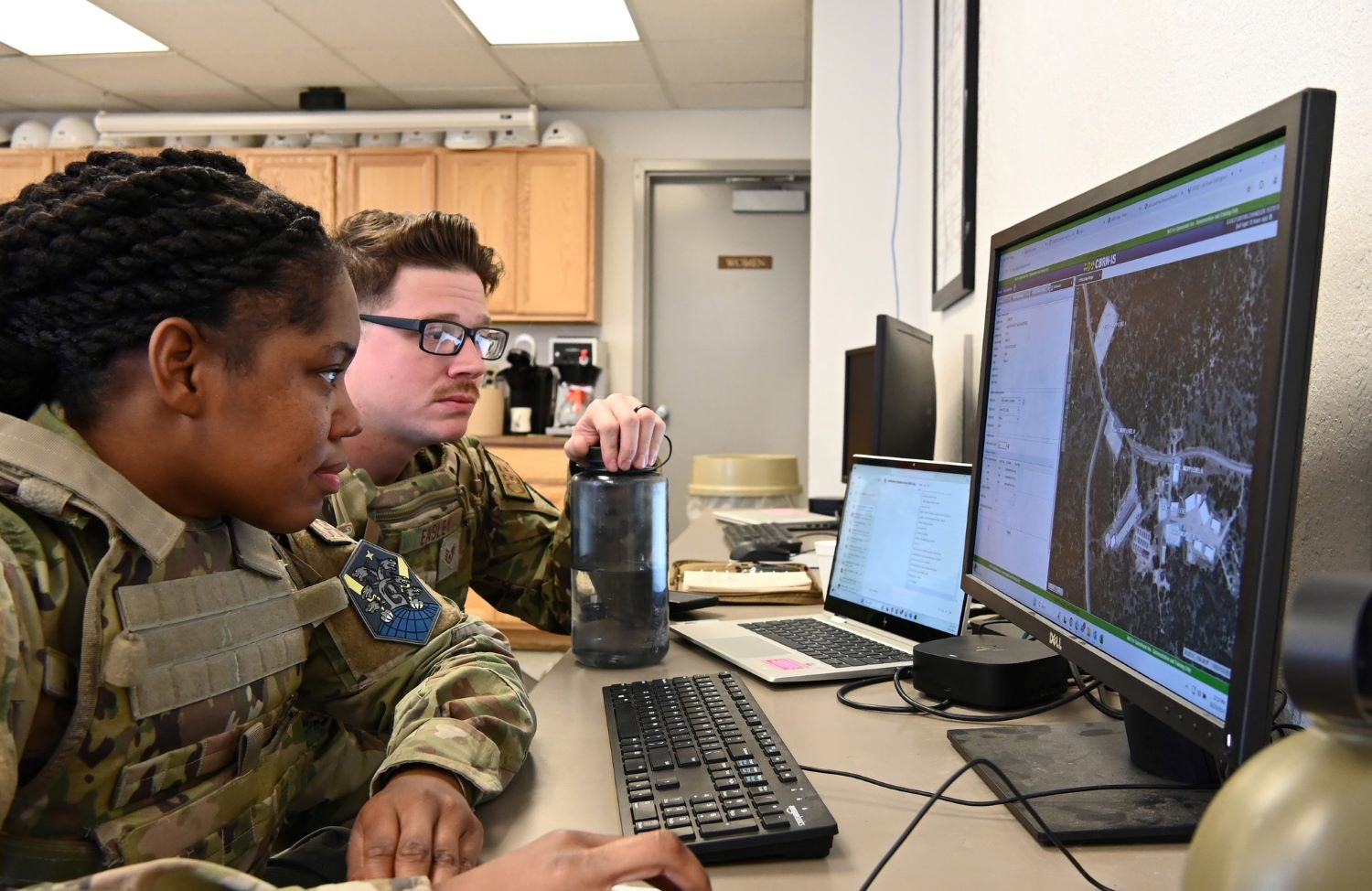
Taking about Robert’s contract, Kizzy Parks highlights how Robert’s choice to work alongside UniFirst, a larger company, turned a potential obstacle into a big advantage. Instead of fearing competition, Robert saw UniFirst as a partner. The contract was a small business set-aside, so Robert’s company landed the deal while UniFirst maintained a profit margin—a win for everyone.
The Air Force Base, in return, earns points for supporting a small business, making it a seamless partnership. Plus, Robert’s setup for credit card payments bypasses the usual invoicing headaches.
And because he already worked with UniFirst, he can easily secure another one with this relationship.
Kizzy commented, “And then what will happen, Robert, is they’re going to want uniforms, so they’re going to want more uniforms, and you can easily get another contract.”
With this collaboration, he’s positioned to handle future uniform needs effortlessly, and Kizzy applauds his “abundance mindset,” recognizing opportunity over rivalry and building real relationships.
She applauded Robert, “So, I applaud you because you are doing the most important thing: you have a mindset of abundance. Some people would have said, “Oh no, UniFirst is there,” and they wouldn’t have wanted to do this. And you have a real relationship with them now.”
When Robert was new to the game, he noticed UniFirst had won contracts for bids he was interested in and initially thought they might have used his information to secure those contracts.
However, his UniFirst contact explained that the base in Alabama awarded the contract to UniFirst only because no one else bid on it and they’re a local option. The contract was for one year, meaning it might come up again on SAM.gov for bidding.
His contact reassured him that if he bids next time and they see he’s partnered with UniFirst, he’ll have a stronger chance since the base already trusts UniFirst’s service and products, like the Bulwark fire-retardant clothing they exclusively carry.
Success Doesn’t come From One Door – There’s a Lot Of Money to Be Made
Initially, Robert set a goal of obtaining five contracts this year, but after receiving encouragement from Kizzy who believed he could achieve 12, his ambitions grew. Since January, he has submitted around 90 bids—comprising a mix of sole source and pre-solicitation opportunities.
He is particularly optimistic about a base in Alabama that has expressed interest in his services, pending funding approval. A key figure in his journey, a woman who initially guided him, mentioned that if he performs well, he could become one of their biggest accounts, with the potential to earn half a million dollars.
He said, “The lady who initially got me working with this young man and I went over my business idea and goals with her. She said if I hit, I have the possibility to reach half a million dollars with them. She said I’d have to be considered one of their biggest accounts. She mentioned that a lot of people do government contracting but never follow through. She said if I stayed with it, there’s a lot of money to be made.”
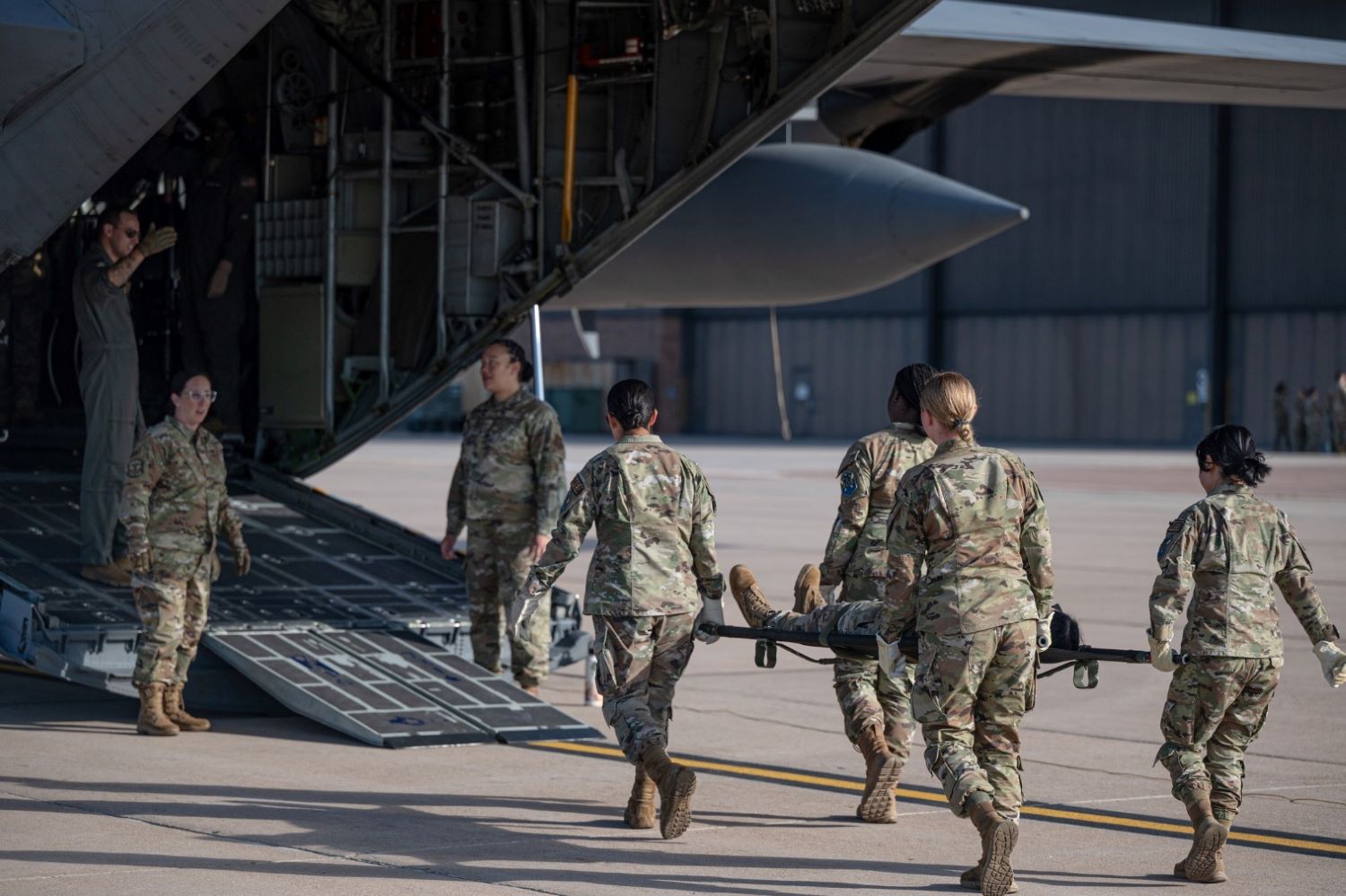
Many businesses fail to follow through, which creates opportunities for those who remain committed. He recalls how his first contract in California came about through his partnership with UniFirst, after the previous contractor stopped paying, resulting in UniFirst halting deliveries.
He recalled, “The first contract I got in California was because I was partnering with UniFirst. The person who had it before wasn’t paying UniFirst. UniFirst quitted delivering to them because they stopped paying.”
While many might dismiss $850 a month as a trivial amount, Robert sees it as a crucial steppingstone. He illustrates how this seemingly modest sum can snowball into far greater earnings through persistence and strategic growth, highlighting the power of incremental success. For him, every dollar counts, and with dedication, $850 can be just the beginning of a much larger financial journey.
“It blows my mind because some people think $850 a month isn’t much, but that’s a lot of money. My goal has been just to get $850 a month. Ten times that is $8,500 a month,” he stated.
Kizzy praises Robert for his honesty throughout this process, saying that he isn’t trying to take advantage of the situation for money. Instead, he is focused on genuinely adding value as an entrepreneur.
“You’re not trying to take the money; you’re not trying to pull an okie-doke; you’re not trying to bamboozle them. You are an entrepreneur and someone who’s like, “Look, you’re on the verge of being the biggest account, but you’re going to further grow it.” That’s what’s going to happen. It’s just like multi-family; you don’t make money on one door—you need hundreds of doors, thousands of doors,” she stated.
Put in As Many Bids as You Can – Create a Habit of Bidding Regularly
Now that he works with UniFirst and has landed a major deal, his name has become well-known in the field. Proof of this is that he now receives calls even before he places a bid. This success is a result of his continuous efforts in bidding and staying persistent. That’s why he encourages others to do the same.
“I want to tell anybody that’s listening now: please listen, this is all you need for government contracts. Put in as many bids as you can, get your name known out there, get yourself known out there, get your capability statement made through ChatGPT. Get it rock solid to where, when you read it, you want to call yourself and do business with yourself. I’m telling you right now, I get phone calls, and I get it—it’s like I’m the first go-to guy,” he said.
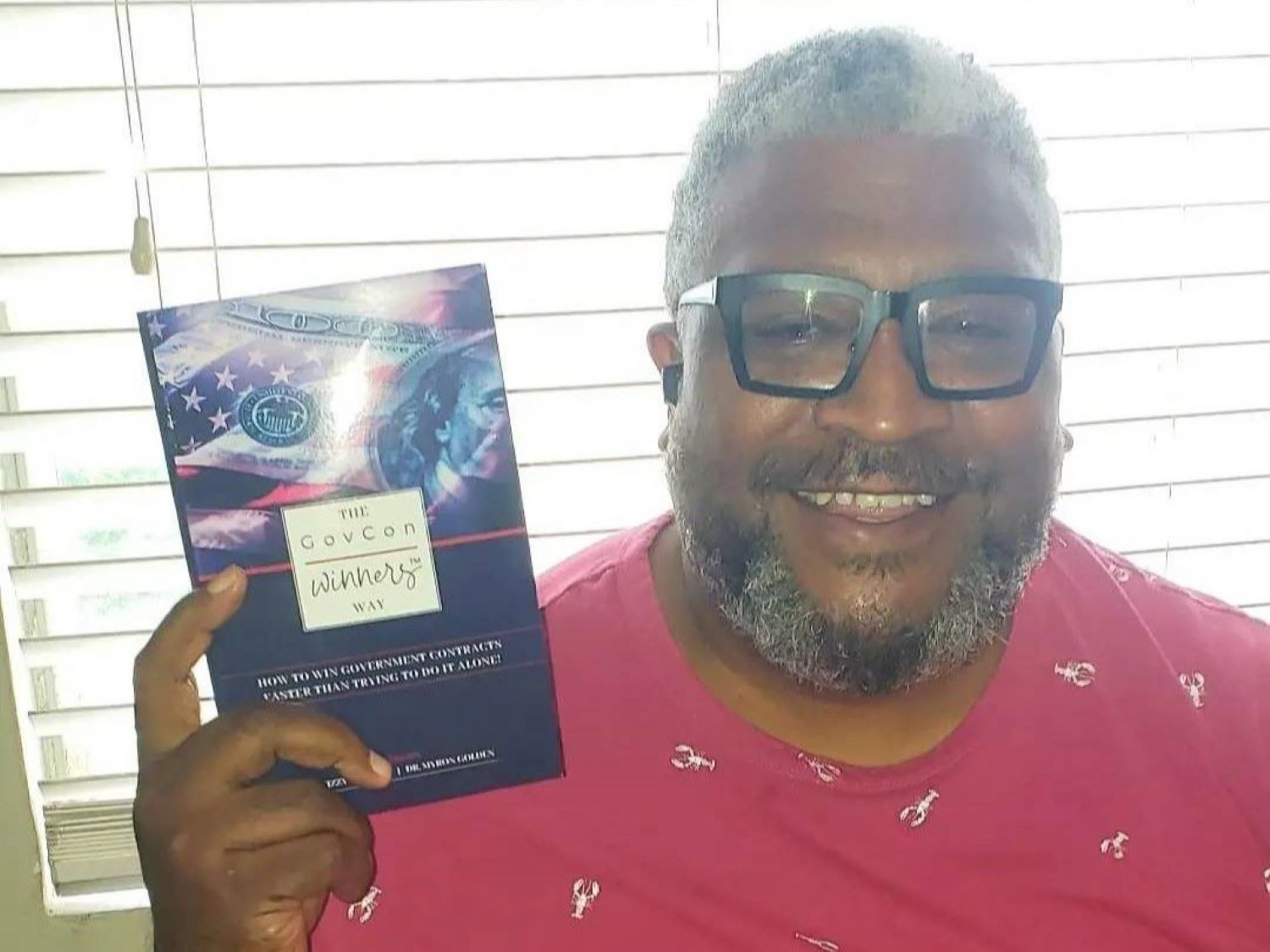
Over time, with consistent experience, he’s developed a keen sense of which bids are worth his time. This familiarity allows him to quickly assess a potential contract and decide if it aligns with his goals, skipping ones that don’t fit his criteria.
“All bids are not good for you, even if you’re doing subcontracting. I know these gurus want you to do that because they want you to have instant success, but find what’s good for you,” he insisted.
When he started bidding, he encountered issues with overpricing and overthinking. However, by consistently working at it, he developed a habit, and now everything moves faster because he’s formed a skill over time.
He encouraged the other people to “Just bid, bid, bid—that’s what I say all the time. When I first started putting bids in, yeah, I was overpricing, but what it did was make me comfortable enough to keep doing it. Once you make it a habit, like when I get on my laptop now, the first thing I go to is sam.gov.”
He added, “My wife hates when we go to the store and I drive her there; I’m sitting in the car on my phone on sam.gov because I’m just looking. I’ve done bids through my phone and laptop; I’ve gotten that sharp with it because I’ve practiced and practiced and practiced.”
However, Robert advised other contractors not to underbid, as the government has sufficient funds to pay for contracts. Underbidding is not beneficial in the long run.
“Do your research and don’t underbid yourself just to get an award because it will cost you more than anything in the world. Underbidding yourself just to win an award and beat everyone else is not worth it. Put your price in, put your bid in, and move on to the next one,” he stated.
Kizzy Parks – “what makes you money is the residual income”
Referring to Robert’s story, Kizzy emphasized that he has been successful in securing small contracts and generating monthly residual income, which helps cover his regular expenses. Now, he’s in an ideal position to bid on more contracts and continue generating revenue.
Kizzy describes the real “gold” in government contracting as hidden in smaller, recurring contracts that large companies don’t publicize. While these companies may promote high-profile projects involving jets or weapon systems, their true financial stability often comes from ongoing contracts for everyday services—things like janitorial work or maintenance. These contracts provide steady, predictable revenue, much like a subscription model.
She draws a parallel to popular subscription services like Amazon Prime, Netflix, or Disney+, where the power lies in the consistent cash flow rather than flashy, one-time sales. The same is true in contracting: once you’ve built up a portfolio of recurring contracts, you create a foundation of reliable monthly income that fuels your business.
So, while it may seem more exciting to chase huge, high-visibility deals, there’s undeniable value in capturing the recurring work that, over time, becomes the backbone of a stable business.
“Having the ongoing monthly revenue is equivalent to having a subscription,” Kizzy Parks stated.
She added, “So it doesn’t matter if you start with uniforms, training, or janitorial services. When you get in and build that relationship, you become a problem solver; you’re the go-to, you are no different than Raytheon or Lockheed Martin.”

